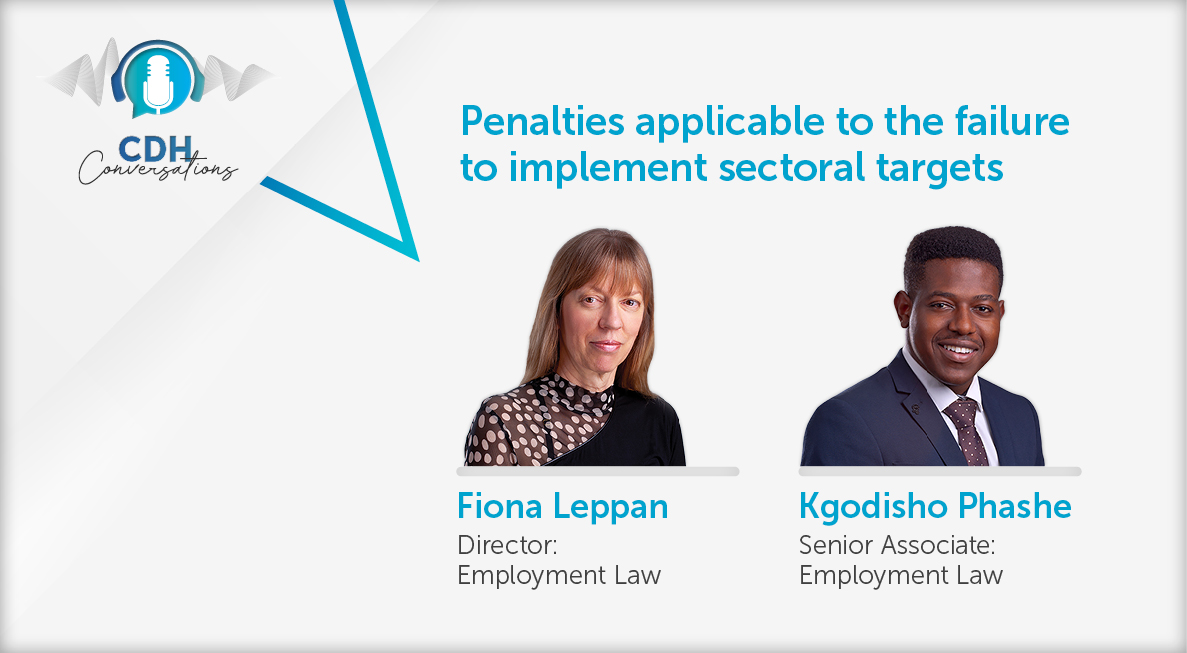Supreme Court of Appeal ruling redefines permitting standards for energy
At a glance
- The Supreme Court of Appeal’s (SCA) ruling in South Durban Community Environmental Alliance and Another v The Minister of Forestry, Fisheries and the Environment and Others (479/2023) [2025] ZASCA 134 will likely reshape how large-scale energy and infrastructure projects are permitted in South Africa.
- The SCA has clarified and re-affirmed that permitting cannot be segmented, deferred, or treated as a policy formality.
- The judgment marks a clear judicial and regulatory shift toward prioritising sustainability, inclusivity, and accountability in energy infrastructure development.
The main dispute concerned whether the authorisation complied with the decision-making criteria outlined in section 24O of the National Environmental Management Act 107 of 1998 (NEMA). The appellants argued that the authorising authorities failed to assess the cumulative environmental impact of the project, including fuel-sourcing emissions and lifecycle carbon impact. They further argued that the authorities, in their consideration of the Environmental Impact Assessment (EIA), unlawfully deferred consideration of the gas pipeline, port infrastructure and related facilities to later stages, instead of treating these as part of the cumulative development footprint to be assessed in the EIA. Crucially, the appellants demonstrated that no renewable energy alternatives had been considered, despite the plant’s stated objective being grid stability, which would be achievable through other energy solutions.
Key legal developments
The judgment reinforces NEMA’s centrality as the overarching framework for interpreting and implementing environmental laws across all government spheres. Critically, it confirms that environmental authorisation decisions under section 24O(1)(b) of NEMA must include a thorough assessment of climate change impacts associated with all the proposed activities.
The court also established that authorities must evaluate cumulative environmental impacts, considering past, present and reasonably foreseeable future effects. Second, the need and desirability of proposed activities must be substantively justified, and third, the feasible and reasonable alternatives must be considered, with particular emphasis on renewable energy options.
Regarding procedural requirements, the SCA further held that public participation must be conducted through culturally appropriate methods, including use of local languages where necessary. The court found that conducting consultations exclusively in English in an area where 79% of residents speak isiZulu constituted procedurally inadequate participation, rendering the authorisation reviewable.
Implications for projects
Environmental authorisations that do not comply with NEMA’s substantive and procedural requirements are now clearly vulnerable to judicial review and potential invalidation. Projects that form part of broader developments must assess the environmental impacts of all related activities, not just isolated components. For engineering contractors, independent power producers, project sponsors and permitting consultants, the implications are significant. Projects with multiple development components such as gas-to-power facilities, liquified natural gas terminals, transmission corridors and fuel supply pipelines must be assessed as integrated systems. Upfront studies must now align technology choice with climate impact credibility. Authorities will no longer accept deferrals or broad policy references as substitutes for actual evidence of compliance. Moreover, the failure to adequately consider renewable energy alternatives may render environmental authorisations legally indefensible and open to challenge. Project finance practitioners must ensure that environmental due diligence processes are comprehensive and aligned with the judgment’s requirements.
This judgment will likely delay poorly prepared project assessments, but may accelerate those that incorporate sustainability into their core project assumptions. Primarily, the delay in obtaining environmental authorisations would result from the raised standards for the requirement for cumulative environmental impact assessments of all project activities.
Practical recommendations
For project participants, it is advisable to require independent legal opinions confirming that environmental authorisations comply with the full NEMA framework, including specific verification of climate change impact assessments and renewable energy evaluations. Participants should also include detailed environmental compliance representations and warranties that cover both procedural and substantive aspects, particularly public participation requirements. Additionally, enhanced monitoring procedures should be implemented to track regulatory developments affecting renewable energy alternatives that could impact project viability.
Conclusion
The SCA’s judgment marks a clear judicial and regulatory shift toward prioritising sustainability, inclusivity and accountability in energy infrastructure development. This creates both a challenge and an opportunity: a challenge to meet elevated legal and procedural standards, and an opportunity to align with a future-focused energy strategy that favours renewable innovation and community engagement. Project stakeholders are advised to embed environmental and social governance (ESG) principles into every stage of project development.
The information and material published on this website is provided for general purposes only and does not constitute legal advice. We make every effort to ensure that the content is updated regularly and to offer the most current and accurate information. Please consult one of our lawyers on any specific legal problem or matter. We accept no responsibility for any loss or damage, whether direct or consequential, which may arise from reliance on the information contained in these pages. Please refer to our full terms and conditions. Copyright © 2026 Cliffe Dekker Hofmeyr. All rights reserved. For permission to reproduce an article or publication, please contact us cliffedekkerhofmeyr@cdhlegal.com.
Subscribe
We support our clients’ strategic and operational needs by offering innovative, integrated and high quality thought leadership. To stay up to date on the latest legal developments that may potentially impact your business, subscribe to our alerts, seminar and webinar invitations.
Subscribe




